South Korean Authorities to Void Do Kwon’s Passport and Expedite Deportation
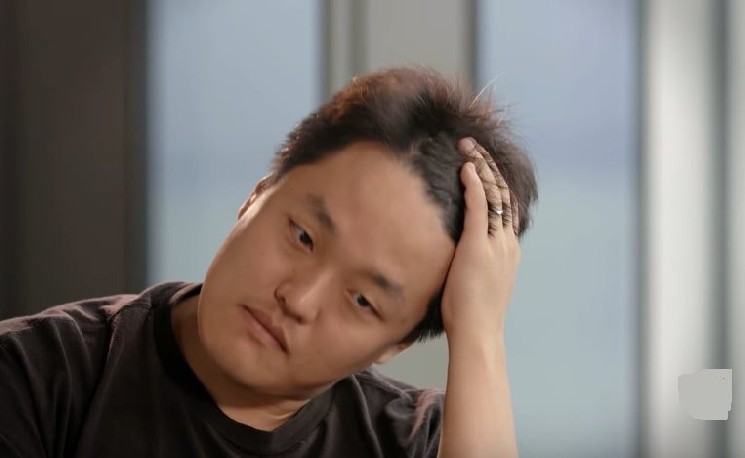
South Korean prosecutors have intensified their efforts to capture Do Kwon, the co-founder and CEO of Terraform Labs – with the Ministry of Foreign Affairs ready to step in to void his passport.
Munhwa Ilbo reported that the Seoul Southern District Prosecutors’ Office has asked the Ministry of Foreign Affairs to invalidate the passports of five South Korean nationals, including Kwon and a “financial officer” surnamed Han. The ministry has confirmed that it received the request.
Under international law, individuals with voided passports must be immediately deported to their country of origin.
The voiding process typically takes up to a month, but the media outlet reported that the prosecution was “expected to pressure Kwon and others” to return their passports voluntarily to the South Korean Embassy in Singapore and “return before” the ministry completes the process.
Meanwhile, further details have emerged about the arrest warrant South Korean prosecutors yesterday issued to Kwon – with the CEO apparently initially refusing to meet with prosecutors who had traveled to Singapore.
Kwon is now residing in Singapore, where he established Terraform in 2018. The Seoul Southern District Prosecutors’ Office has been investigating him and other Terraform-linked individuals for suspected fraud for several months.
But the investigation appears to have heated up in recent weeks, with prosecutors heading to Singapore to speak with Kwon and other Terraform executives. KBS reported that when Kwon “did not comply with a request to attend” a meeting with prosecutors, they responded by issuing a warrant.
Details about the other five warrants remain scant, but Chosun reported that the individual surnamed Han was Terraform’s “head of finance.” An individual named Han Chang-joon was previously listed as Terraform’s Chief Financial Officer. The only other individual thus far named by the South Korean press is Nicholas Platias, who was identified as a “founding executive” and served as the firm’s Head of Research until 2020.
Further details have also emerged about the charges Kwon faces in his home country. Prosecutors now appear to believe they have enough evidence to prove that LUNC (formerly LUNA) and other Terra ecosystem coins are “securities.”
Legal Challenges
Following consultation with legal and crypto experts, Kwon and the other executives have been charged with violations of the Capital Markets Act. This would appear to show that prosecutors think Terraform sold unregistered securities.
KBS quoted an unnamed official from the regulatory Financial Supervisory Service as stating:
“There are atypical securities and we usually call these assets investment contract securities. In the United States, there is now a tendency to classify such assets as securities.”
A sticking point for prosecutors is the fact that no South Korean court or official legal document has ever referred to LUNC – or any other cryptoasset – as a security.
A legal expert named Kim Jeong-cheol was quoted as stating that if the prosecution succeeds in proving that LUNC was a form of “unregulated security,” Kwon could be charged with “market price manipulation.”
Legal experts also explained that if he is found guilty of such offenses, Kwon could face fines worth “three to five times the amount” he is judged to have gained from token sales – with a jail sentence of “a year or more in prison” also likely.
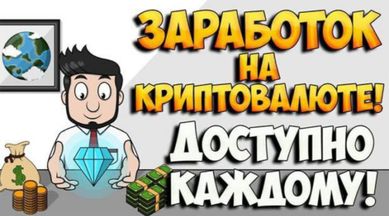
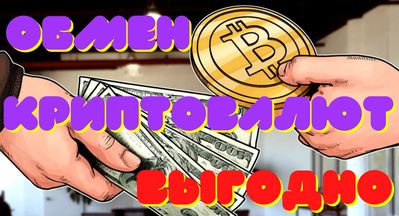
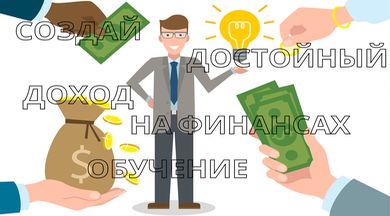


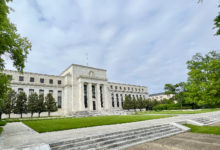

 Bitcoin
Bitcoin  Ethereum
Ethereum  Tether
Tether  Dogecoin
Dogecoin  USDC
USDC  Cardano
Cardano  TRON
TRON  Bitcoin Cash
Bitcoin Cash  Chainlink
Chainlink  Stellar
Stellar  LEO Token
LEO Token  Litecoin
Litecoin  Cronos
Cronos  Hedera
Hedera  Ethereum Classic
Ethereum Classic  Dai
Dai  Monero
Monero  Stacks
Stacks  OKB
OKB  Cosmos Hub
Cosmos Hub  Algorand
Algorand  Theta Network
Theta Network  Maker
Maker  KuCoin
KuCoin  Gate
Gate  Tezos
Tezos  Polygon
Polygon  NEO
NEO  Zcash
Zcash  Tether Gold
Tether Gold  IOTA
IOTA  Synthetix Network
Synthetix Network  Bitcoin Gold
Bitcoin Gold  TrueUSD
TrueUSD  Zilliqa
Zilliqa  0x Protocol
0x Protocol  Holo
Holo  Enjin Coin
Enjin Coin  Siacoin
Siacoin  Qtum
Qtum  Dash
Dash  Ravencoin
Ravencoin  Basic Attention
Basic Attention  Decred
Decred  Ontology
Ontology  NEM
NEM  DigiByte
DigiByte  Lisk
Lisk  Waves
Waves  Status
Status  Nano
Nano  Numeraire
Numeraire  Pax Dollar
Pax Dollar  Hive
Hive  Huobi
Huobi  Steem
Steem  BUSD
BUSD  Ren
Ren  OMG Network
OMG Network  Bitcoin Diamond
Bitcoin Diamond  Bytom
Bytom  Kyber Network Crystal Legacy
Kyber Network Crystal Legacy